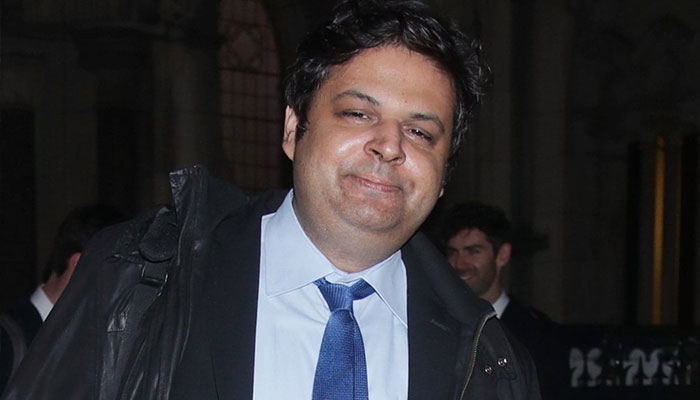Student sues Oxford University for £1 million because he did not get a first class degree
Siddiqui alleged that the undesired resulted was due to the teaching staff being absent or on sabbatical leaves, adding that his medical information was not submitted to the examiners by a tutor
November 22, 2017

An Oxford graduate announced to take the university to court for not getting a first class degree.
Faiz Siddiqui said that he will sue the university for £1 million as he was the ‘victim of poor teaching’, that costed him the chance of a strong legal career.
The history graduate alleged the "inadequate" teaching he received on the Indian special subject part resulted in him only getting a low upper second degree instead of his expected First or high 2:1.
Siddiqui alleged that the undesired resulted was due to the teaching staff being absent or on sabbatical leaves, adding that his medical information was not submitted to the examiners by a tutor.
Oxford disputes his claims.
The university says that his claim that he had lost out in his career was "complete speculation and fanciful".
But Siddiqui, 39, maintains that he would have become an international commercial lawyer if he had gained the top qualification at the end of his time at Brasenose College.
He claims that his clinical depression and insomnia have been significantly exacerbated by his "inexplicable failure".
Siddiqui’s counsel Roger Mallalieu told Mr Justice Foskett at the High Court in London that in 2000, Mr Siddiqui was a "driven young man" aiming at a postgraduate qualification at an Ivy League university before a career at the tax bar in England or a major US law firm.
"Whilst a 2:1 degree from Oxford might rightly seem like a tremendous achievement to most, it fell significantly short of Mr Siddiqui's expectations and was, to him, a huge disappointment."
His employment history after Oxford in legal and tax roles was "frankly poor" and he was now unemployed, said Mr Mallalieu.
"Mr Siddiqui has been badly let down by Oxford.
"He went there with high - perhaps extraordinarily high - expectations.
"He - and others - became the victim of poor teaching provision by the University in what was anticipated to be his favoured special subject and he, uniquely among his peers, was further disadvantaged by his personal tutor not conveying his knowledge of his illnesses to those responsible for making reasonable adjustments and for moderating his examinations."
The university management denied any negligence and causation.
Oxford University denies negligence and causation and claims that the case was brought "massively" outside the legal time limit. The seven day hearing is concerned only with liability - with damages to be assessed later if Siddiqui succeeds.
Julian Milford, for Oxford University, told the court that Mr Siddiqui complained about insufficient resources but had said he did not notice anything wrong with the quality of the teaching provided except it was "a little bit dull".
Siddiqui, he added, had received exactly the same amount of teaching as he would have in any other year.
The entire picture of Mr Siddiqui's academic performance was "one of promise laced with inconsistency", he said.
Mr Milford said that the contemporaneous records made no reference to Mr Siddiqui's mental health during his final year, although he claimed he made his tutor aware of his depression.
It was "exceptionally improbable" that a "conscientious" tutor like the individual concerned would not have advised a student to get a medical certificate in the alleged circumstances as cogent evidence would have been needed to put before the examiners.
The only action that could have been taken by the examiners when considering medical evidence would be to award a candidate his "proper class" and in Siddiqui's case, that was unarguably a 2:1 and not a First.
Mr Siddiqui's claim ignored the fact that he had excellent opportunities at the start, including a training contract with one of the world's leading law firm Clifford Chance which was a "real feather in his cap".









